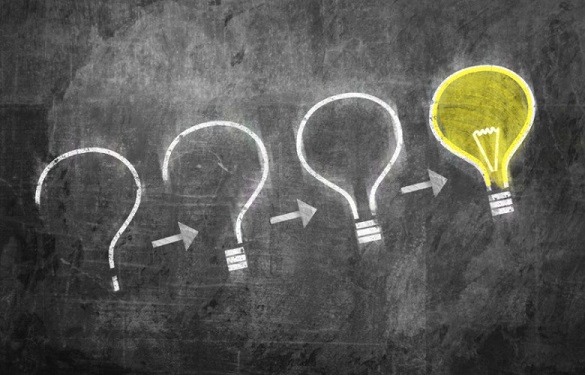How would you define financial freedom?
Financial freedom is as much a frame of mind and an approach to life as it is state of being. I have ALWAYS lived beneath my income; I have ALWAYS had a rainy day account and this includes my starving student days when I worked 2 (part-time) jobs during the school year and full time during the summer and lived on rice and beans to do so. I have NEVER run a balance on my credit card in my life and until I was well a high net worth, I always bought used cars. I saw too many people living paycheck to paycheck, with no safety net, in effect “wage slaves” whose financial lives were a house of cards that would collapse at the slightest crisis. If they got a pay raise, they immediately ratcheted up their lifestyle to match. They were curiously compelled to spend every last dime they made in pursuit of something: Pleasure? Distraction? If this was fun or good times, I resolved to pass. A good book, a chess game, racquetball, quiet conversation with friends; these were enough for me.
Have you always been a disciplined person?
I more think of myself as a FOCUSED person, a DRIVEN person, a MOTIVATED person. I’m not particularly good at getting myself to do things I don’t want to do BUT I am very, very good at setting goals and executing plans and if eating frogs first thing in the morning is necessary to get to where I want to go, then I do it and I do it with relish and enthusiasm because my eye is on the mountain top.
Did your father teach you that?
I remember my dad giving me very little direct advice, rather he role modeled it, lived it. My father’s life was his sermon.
Would you mind sharing with me what made you become a vegetarian?
Ethical reasons. Just felt it wasn’t right or kind to kill animals if not a survival necessity. After over a decade of being a true veggie, a while ago I went back to “white” meat; fish and chicken.
When does it make sense for a smaller guy like me to do a tax deferred 1031 like kind exchange? Or does it ever make sense?
Because of the legal compressed time frame requirements, the biggest challenge with doing a tax free/deferral Like Kind exchange is the timing. It takes time to sell real estate, especially commercial real estate and especially if you want a good price. Likewise, it takes time to find a good deal to buy. As a practical matter, you need to be able to put one or both ends (sell and buy) of the transaction on hold. Either you must ask your buyer to hold still while you go out and find a suitable piece of real estate to buy OR you must ask the seller that you wish to purchase from to hold still while you try to sell your real estate. This is not fun or convenient for the other party so they generally want a premium (the seller) or a discount (your buyer). And since your tax “savings” is 1) only a deferral, not a true savings and 2) your “savings” are ONLY on the percentage of your sales price the represents your taxable gain BUT the premium/discount is on the entire price of the real estate, it’s generally a losing game. Plus you will only have your transferred tax basis in your new real estate i.e. less tax shelter than if you had not done a Section 1031 exchange.
Folks do try to parallel process i.e. look for something to buy while attempting to sell but I’ve rarely seen it work smoothly and try as you might, you end up rushing one deal or the other, probably not getting the value you would if you were not under extreme time pressure.
How do I know when I’m ready to hire my first full time person? When you can afford to; when you are so busy it’s time to leverage your time/energy. I’ve always been slow to add overhead but there is a lot to be said for delegating and freeing yourself to operate at your highest leverage point.
As always, I share what I most want/need to learn. – Nathan S. Collier


